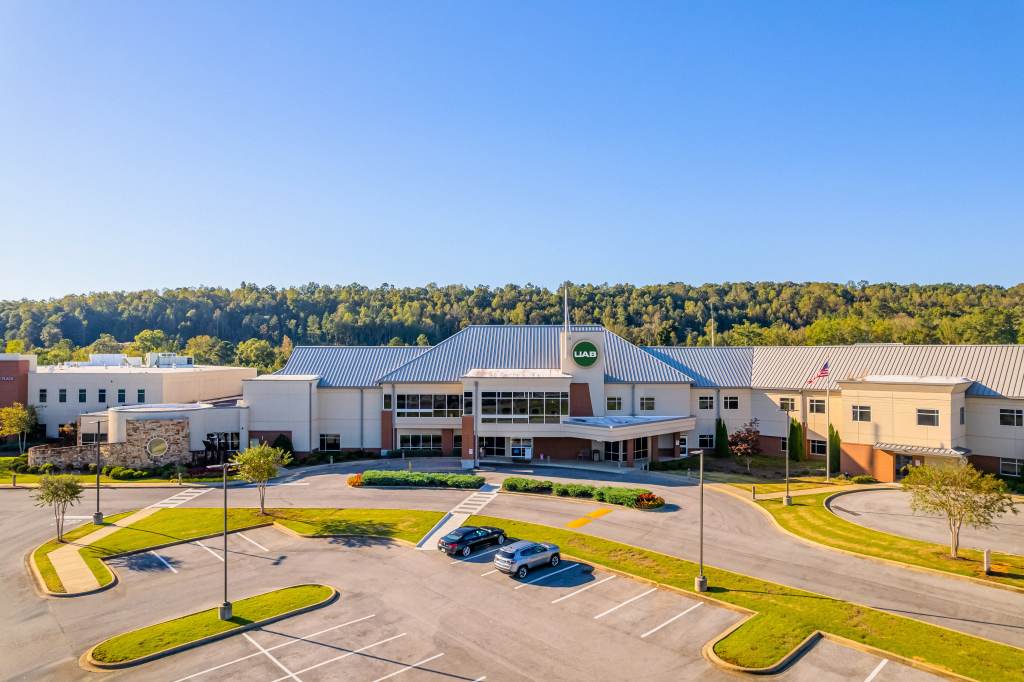Personalized care is sometimes necessary for complex wounds or wounds that are slow to heal, including diabetic foot and leg ulcers. The wound care team at UAB St. Vincent’s is staffed by doctors who specialize in wound-healing treatments and supported by certified wound care nurses. They listen to understand your health concerns, then they work with you to create a personalized care plan.
We offer hyperbaric oxygen therapy and other advanced wound care treatments. Our wound care team treats all types of wounds, including:
- Burns
- Chronic or slow-healing wounds
- Foot and leg ulcers caused by diabetes
- Pressure ulcers
- Surgical wounds
- Venous leg ulcers
Signs and symptoms
Wounds that heal slowly can be at risk for infection, and the risk for complications is higher for patients with diabetes, vascular disorders, or a weak immune system. Call your doctor if you are concerned about a slow-healing wound. Possible signs and symptoms include:
- Foul-smelling drainage
- Fever
- Redness or pain at the wound site
- Red streaks in the skin around the wound
- Swelling
Treatments available
We provide both inpatient and outpatient care and offer a wide range of treatments and services, including:
- Bio-engineered skin substitutes
- Cellulitis therapy
- Compression therapy
- Debridement (removal) of dead tissue or biofilms
- Hyperbaric oxygen therapy
- Infection management or prevention
- Negative pressure vacuum therapy
- Total contact casting
- Wound cleaning
- Wound dressing
Hyperbaric oxygen therapy
Our advanced wound centers at UAB St. Vincent’s Birmingham and UAB St. Vincent’s St. Clair are equipped with hyperbaric oxygen chambers.
A hyperbaric chamber is a painless environment that delivers oxygen-rich therapy to promote wound healing. The concentrated oxygen quickly builds up in the bloodstream and helps heal wounds from the inside out.
Our wound care team also uses hyperbaric oxygen therapy to treat many other adult health conditions, including:
- Bone infection
- Bubbles of air in the blood vessels (arterial gas embolism)
- Burns, including radiation injury
- Carbon monoxide poisoning
- Crush injury to skin or bone
- Decompression sickness
- Flesh-eating bacteria
- Gangrene
- Infection due to radiation
- Severe anemia
- Skin graft infection
- Sudden hearing or vision loss
- Traumatic brain injury or brain abscess
- Trauma wounds with blood flow issues
Managing your recovery
Your recovery is our priority. As part of your personalized care plan, we show you how to improve your wound hygiene at home, and our home health care service also may provide wound care education and supportive care when needed. Our goals are to help your wound heal, prevent infection, and improve your quality of life.
Recent News
View All News



